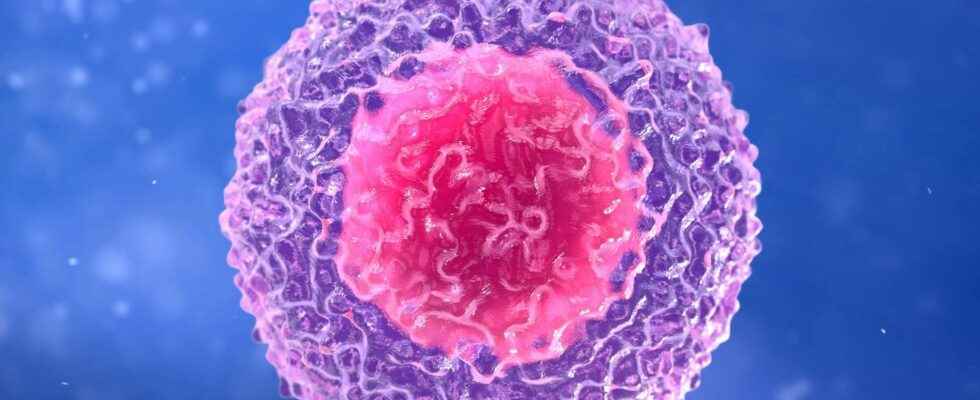A medium rich in magnesium would promote the activity of T lymphocytes. This discovery could make it possible to increase the effectiveness of immunotherapies in the treatment of cancers. Explanations.
The lack of magnesium has already been associated with different pathologies, such as infections or cancers. In mice, it has been shown that in those receiving a diet low in magnesium cancer cells grew faster than in those who received a normal diet. In addition, mice receiving a diet low in magnesium defended themselves less well against the flu virus. On the other hand, little is known about the exact mechanism of action of magnesium in the body’s defences. A team of researchers from the University of Basel associated with a team from the University of Cambridge conducted a study in vitro to try to better understand the underlying mechanisms.
Magnesium is essential for the functioning of T cells
The T cells are part of the family of white blood cells, involved in immune defence. They are produced in the bone marrow and circulate in the body via blood and lymphatic vessels. The function of lymphocytes T is to destroy infected or abnormal cells, in the event of infection or cancer for example. In this study, the researchers demonstrated that T lymphocytes lost their ability to eliminate target cells when they lacked magnesium in their immediate environment.
T cells do not act alone. They need to be activated by other cells in the immune system (dendritic cells, macrophages or B lymphocytes) before going into action. The protein LFA-1 located on the surface of T lymphocytes plays a key role in their activation. This protein has two configurations: active allowing the binding of T lymphocytes to their target and inactive preventing this binding. In the absence of magnesium, the LFA-1 protein cannot put itself into an active position.
Towards an optimization of immunotherapies
The immunotherapies have developed considerably in recent years in oncology. These new types of treatments, bringing hope for many families, do not directly target cancer cells. For a healing efficient and durable, they enable the activation of immune system of the patient, and in particular of the T lymphocytes, so that they fight the tumor themselves. A better understanding of the role of magnesium in the functioning of T lymphocytes could lead to an optimization of this type of treatment.
On the strength of these conclusive experiences live, the researchers are now considering a way to increase the magnesium concentration in a localized way, in the environment close to the tumour. Immunotherapies have also been shown to work less well in cancer patients with deficiencies in magnesium. This is a discovery that could explain why some patients respond less well than others to immunotherapies.
Interested in what you just read?
